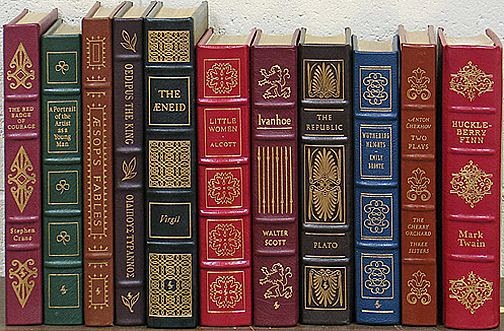 |
| Ilya Yefimovich Repin (1844–1930), Cry of the Prophet Jeremiah on the Ruins of Jerusalem, State Tretyakov Gallery, Moscow |
~
The spirit groans in me as I read of the world's corruption, and our country's sickness in particular. The Church stands as an island in the mad world's river-rush. Per-se-cu-tion. It comes, a sure and no-longer-so-faint roaring from up that terrible stream. I do not fear for the Church in an ultimate way. Christ told us the very jaws of Death would not prevail against it, and in two thousand years they have not. But I fear for the people--the people of the Church who are weak, and the people outside the Church who roar against us, for whose hearts God also agonizes, though they do not yet hear Him. And I am afraid of the pain--the loss and misunderstanding and helplessness and injustice and suffering. For holding a firm hope in the Lord does not mean that suffering will be taken away or eased. It must be endured. Faith allows that we endure it with purpose, and not in vain. But the pain itself will not be alleviated, until all things have been fire-purged and drawn to their destiny.
O God, God! Jeremiah's words echo eternal:
I did not sit in the company of merrymakers,
nor did I rejoice;
under the weight of your hand I sat alone,
for you had filled me with indignation.
Why is my pain unceasing, my wound incurable,
refusing to be healed?
Truly, you are to me like a deceitful brook,
like waters that fail.
Oh, cry, prophet, cry for all of us, for all times when nations and peoples turn from their natures and destroy themselves, in a tsunami of evil and agony. When will we stop, Lord, when will we stop?
And when our heart-grief and our strength is spent, and we grow weary of asking why this has happened to us, and how we are ever to stand, let us lie in that tear-cleansed silence, and listen with Jeremiah to the Lord our God's reply:
If you turn back, I will take you back,
and you shall stand before me.
If you utter what is precious and not worthless,
you shall serve as my mouth.
It is they who will turn to you,
not you who will turn to them.
And I will make you to this people
a fortified wall of bronze;
they will fight against you,
but they shall not prevail over you,
for I am with you
to save you and deliver you,
says the Lord.
Listen, my people, listen and turn! Stand before Him! Utter the precious Truth! If this is an age of suffering for the Church, it only means it is an age of saints, and our weeping should be not only for anguish but also for indescribable joy! Christ's very Cross is our sign of this; torment, transformed to salvation. So brothers, sisters, lay your hands on that Cross with Him, let the splinters tear your skin and the beams crush your shoulders. Mingle your soul-bleeding with His own. Surrender and undertake the trial. You will find this bitter water changed by His touch into the very wine of Life.
Father, Son, and Holy Spirit, come to us and save us!











